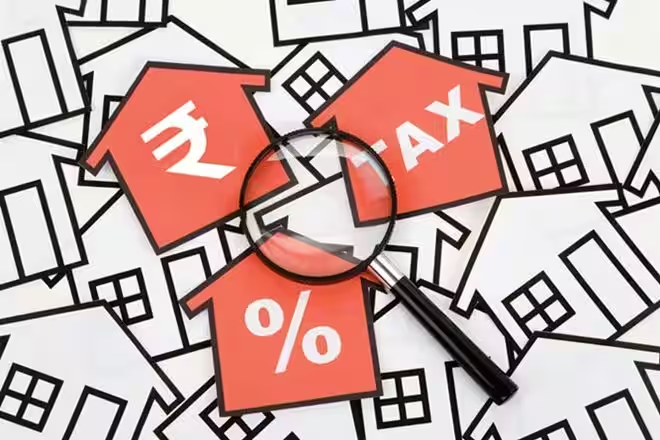House Tax/Assessments
House tax, also known as property tax, is a tax levied by local municipal authorities on property owners. This tax is based on the value of the property and is used to fund various public services and infrastructure developments within the municipality. Here’s a detailed guide on house tax/assessments:
What is House Tax?
House tax is a recurring charge that property owners have to pay to the municipal corporation or local government where the property is located. It applies to residential, commercial, and rental properties.
Key Features of House Tax
- Annual Levy: Typically assessed annually but can be paid in installments.
- Property-Based: Calculated based on the value, location, and size of the property.
- Local Jurisdiction: Levied by local municipal bodies such as city corporations or municipalities.
Components of House Tax
- Basic Property Tax: Main component based on the property’s assessed value.
- Service Charges: Additional charges for utilities and services like water, sewage, and waste management.
- Conservancy Tax: Charges for maintaining cleanliness and sanitation.

How House Tax is Calculated
The calculation method can vary based on the municipality but generally involves:
Annual Rental Value (ARV) Method:
- Tax is based on the estimated annual rental value of the property.
Capital Value System (CVS):
- Tax is calculated based on the market value of the property as determined by the municipal authority.
Unit Area System (UAS):
- Tax is based on the per-unit price of the built-up area, multiplied by the total built-up area.
Steps to Assess and Pay House Tax
Assessment:
- Self-Assessment: Property owners may perform a self-assessment using guidelines provided by the municipal authority.
- Municipal Assessment: The municipal authority may send an assessor to evaluate the property.
Generate Property ID:
- Obtain a unique property ID from the local municipal body.
Calculate Tax:
- Use the official online portal or visit the municipal office to calculate the tax based on the property details.
Pay Tax:
- Online Payment: Pay through the municipal corporation’s website using net banking, credit/debit cards, or UPI.
- Offline Payment: Pay at designated banks or municipal offices using cash, cheque, or demand draft.
Documents Required
- Property Ownership Proof: Sale deed, title deed, or property agreement.
- Property Details: Plot size, built-up area, location, etc.
- Previous Tax Receipts: Receipts of previously paid property taxes, if applicable.
- Identification Proof: Aadhaar card, PAN card, or other valid ID proof.
Benefits of Paying House Tax
- Legal Compliance: Ensures compliance with local laws and avoids penalties.
- Infrastructure Development: Contributes to the development and maintenance of local infrastructure.
- Ownership Proof: Serves as a legal document for property ownership.
- Availing Loans: Necessary for availing of home loans and other financial services.
Penalties for Non-Payment
- Interest and Fines: Penalties in the form of interest on the overdue amount and fines.
- Legal Action: Possible legal action or seizure of property for long-term non-payment.
Conclusion
House tax is a vital component of property ownership, contributing to the upkeep and development of municipal infrastructure. Understanding the assessment process and ensuring timely payment helps in maintaining compliance and avoiding legal complications.
